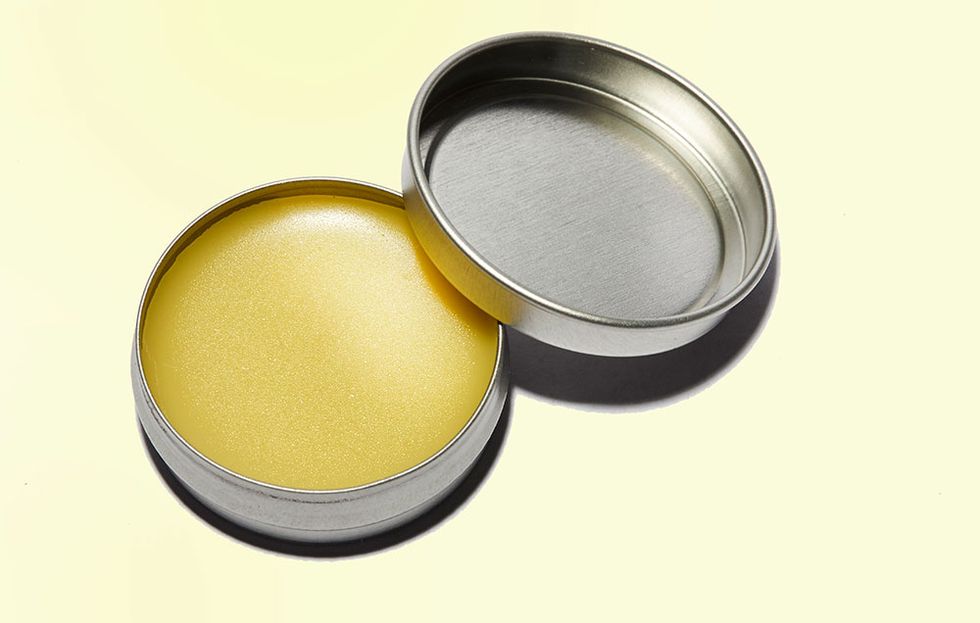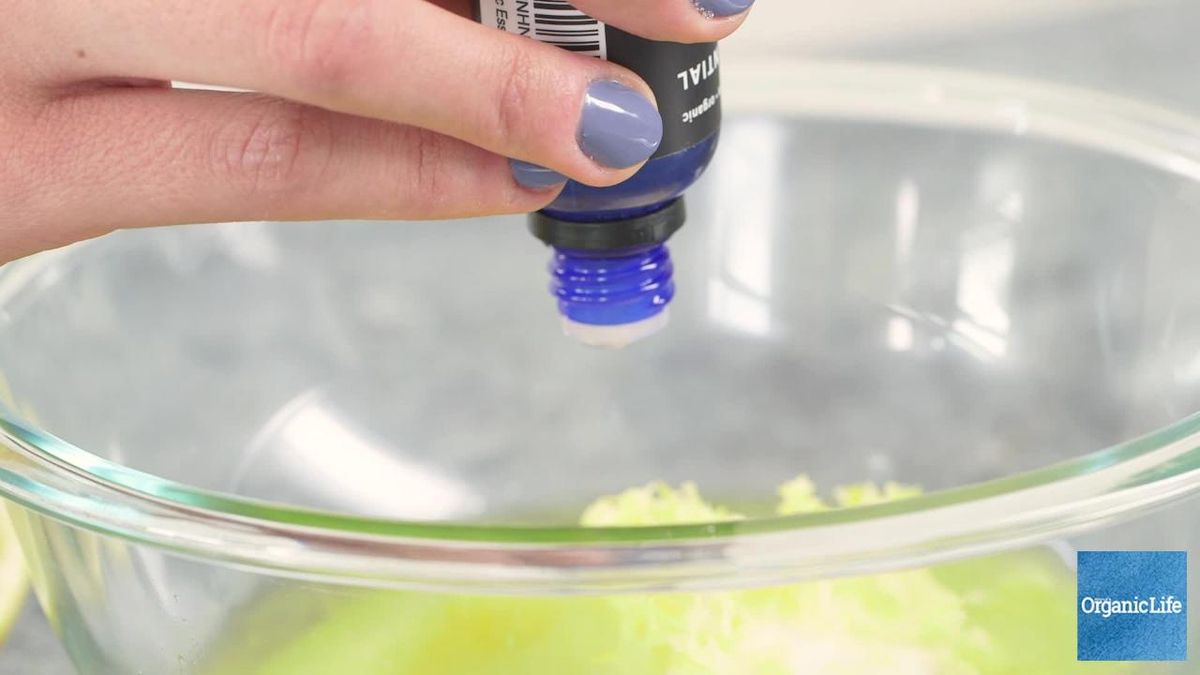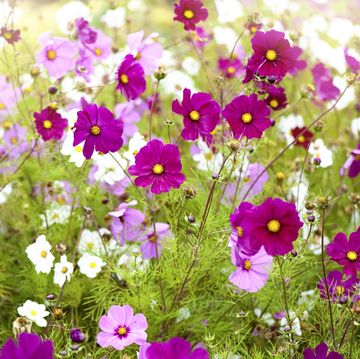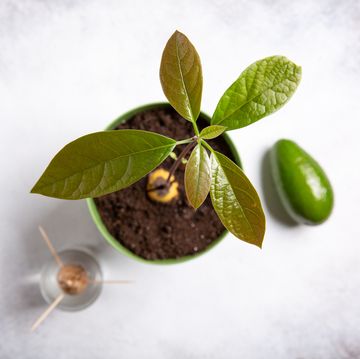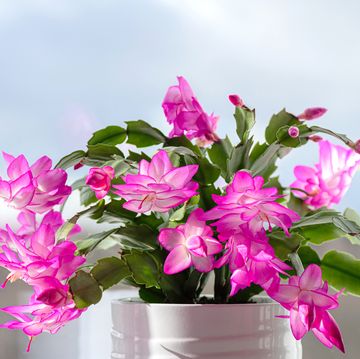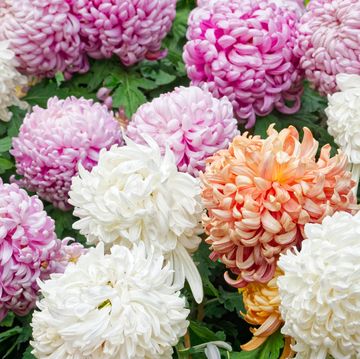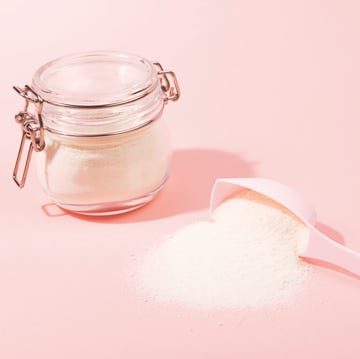This story originally appeared on Rodale’s Organic Life in October 2017.
The cause of most coughs is easy to pinpoint: Colds, flu, allergies, dry air. How to get rid of them? Not so much. Most people reach for over-the-counter meds, yet studies have shown that cough medicines don’t really do any good.
According to guidelines released by the American College of Chest Physicians, many popular remedies (ahem, Robitussin and Mucinex) won’t tackle that tickle, which means you'll still be saddled with that cough, as well as the medications' side effects, which can include nausea, headache, constipation, and drowsiness. Does that sound like a good scenario to you? Yeah, we thought not.
Instead, reach for an essential oil.
Studies show that certain essential oils can quiet your cough without the icky side effects. We asked Terri Lohman, Doctor of Nursing Practice (DNP), Certified Aromatherapist and founder of Esscents Aromatherapy how she hacks a cough the all-natural way. Here, her favorite ways to use essential oils to breathe easier.
*The below recommendations are not for children or pregnant or nursing women. Consult a doctor before using essential oils if you have a health issue.
(See how easy it is to grow your own remedies for joint pain, heartburn, cold symptoms, and 30+ other ailments with Rodale's Grow It Heal It!)
Make a DIY vapor rub
Remember the sweet relief that came with the Vicks of childhood? Well, you can get the same chest-clearing comfort without the nasty petroleum by making your own. Healing oils like lavender, frankincense, thyme, eucalyptus, sweet marjoram, and tea tree can eliminate mucus, relax the body, and calm your cough, says Lohman who suggest adding 15-18 drops in one ounce of unscented lotion. “You can blend any of the oils together depending on your preference,” she says. Essential oils work topically and when inhaled, so breathe in the vapors while you rub your chest and neck.
Learn how to make a DIY sugar scrub to sooth dry, cracked winter skin.
Do a steam bowl
“Steam inhalation is a wonderful way to clear your head when you have a bad cold,” says Lohman. “If you can decrease the amount of drainage, you decrease the cough.” Add one drop of eucalyptus to a glass or ceramic bowl full of 4-6 cups of steaming (not boiling) water. Eucalyptus, a natural decongestant, breaks down mucus and helps open air passageways. “Cover your head with a towel, close your eyes—you don't want to get the vapors in your eyes—and take nice deep cleansing breaths,” says Lohman. Do this for about 10 minutes a couple of times a day. Other oils you could use: Tea tree or black spruce.
Related: 7 Signs Your Cold Is Way More Serious Than You Think
Take a steamy, scented shower
Aromatherapy baths may get more attention, but essential oils can work in the shower too—plus inhaling the hot, steamy air is a time-honored way to ease a cough. “I have my water as warm as I can stand it and put several drops essential oil on the tile behind the shower stream where the water doesn't hit directly and just enjoy,” says Lohman. Eucalyptus is Lohman’s shower go-to, but laurel leaf, black spruce, and pine can also contain your cough.
Related: The 5 Most Versatile Essential Oils You Can Own, And 5 You Can Skip
Inhale away your cough
Just like asthma inhalers can suppress the need to cough, adding the right essential oils to a portable aromatherapy inhaler (basically, a cotton wick enclosed in a plastic carrying case) can soothe the airways, dial down post-nasal drip and really open up your head. Lohman recommends adding peppermint (2 drops), laurel leaf (8 drops), and ravintsara (5 drops) to a blank inhaler (not to be confused with an essential oil vape). The menthol in peppermint acts as a natural cough suppressant, while ravintsara and laurel leaf both contain cineole, which can reduce cough frequency. “I put the inhaler just inside my nostril and inhale deeply,” says Lohman.

